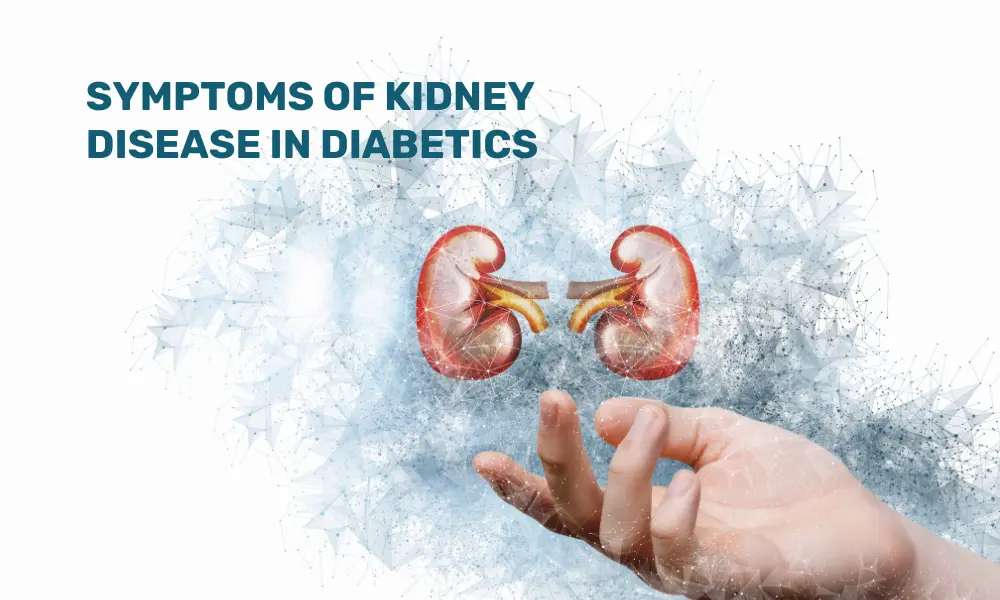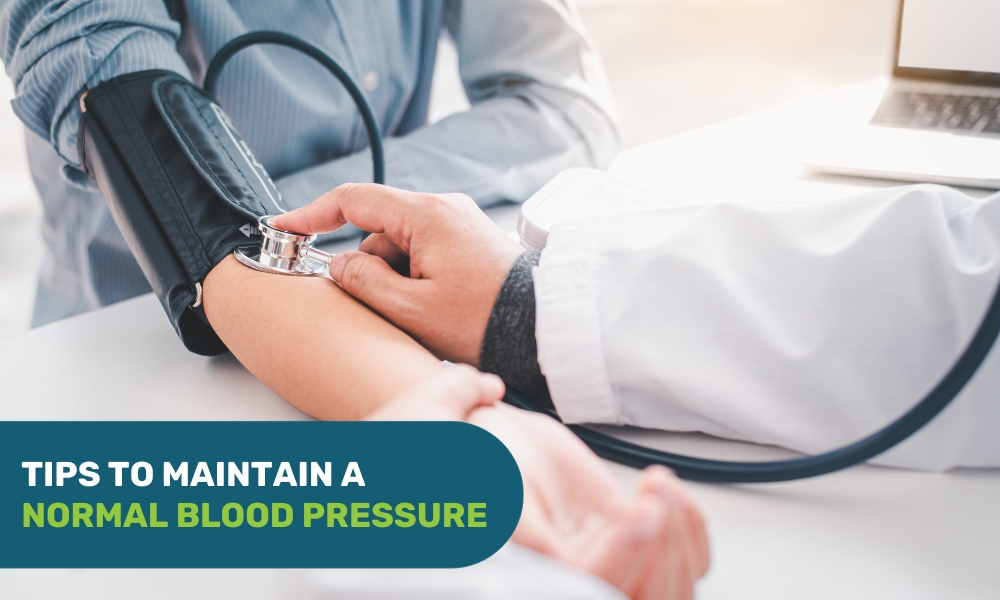Understanding menopause is extremely important for every woman, as it marks a significant phase in life, signaling the end of reproductive years. Menopause generally occurs when women reach their late forty’s. However, this can vary from person to person.
It brings numerous emotional and physical changes, particularly in hormone levels like estrogen and progesterone. While menopause is a natural process, its symptoms vary from woman to woman, ranging from hot flashes, night sweats, and mood swings to changes in sleep patterns, weight gain, and decreased bone density.
Some women experience more intense symptoms, and understanding menopause deeply helps prepare women to manage these changes through lifestyle adjustments such as maintaining a healthy diet, exercising regularly, or seeking medical advice. Emotional well-being is equally important, as hormonal shifts can cause depression and anxiety.
Menopause is a natural stage in a woman’s life that signifies the end of childbearing. This change usually happens between the ages of 45 and 55 because the ovaries gradually stop producing estrogen and progesterone, the hormones responsible for the menstrual cycle. As these hormone levels decline, periods become irregular and eventually stop.
What are Menopause Stages?
-
Perimenopause: The time leading up to menopause when hormone levels start to change. Women may notice irregular periods and symptoms like hot flashes, night sweats, and mood swings.
-
Menopause: Confirmed after a woman has gone 12 months without a period. Hormone levels stay low, and reproductive functions cease.
-
Post menopause: The phase after menopause. While some symptoms may continue for a while, the body gradually adapts to lower hormone levels.
Menopause Symptoms:
Common symptoms include hot flashes, mood changes, trouble sleeping, vaginal dryness, and lower bone density. Each woman’s experience with menopause is different; some may have mild symptoms, while others may face more challenges.
Women should prioritize their health during this transition by scheduling regular healthcare appointments with their gynecologists. Consultations on lifestyle changes, hormone therapy options, and monitoring bone health can help them manage symptoms and navigate this phase smoothly.
How to be prepared for Menopause?
Understanding menopause can ease concerns and prepare women for this natural stage of life. Here are some ways to make the transition smoother:
-
Learn About Menopause: Familiarizing yourself with the menopause stages and symptoms can help you navigate this change more effectively. Consulting with a healthcare provider about changes in your menstrual cycle can provide early guidance and support.
-
Nutritious Diet: A balanced, healthy diet that is rich in calcium and vitamin D helps support bone health. Include dairy products, leafy greens, and fortified foods in your meals.
-
Regular Physical Activity: Engage in weight-bearing exercises such as walking, running, or strength training to enhance bone density and heart health. Yoga and meditation can also help reduce stress.
-
Staying Hydrated: Drinking enough water can ease symptoms like dryness and hot flashes.
-
Support Bone Health: Since the risk of osteoporosis increases after menopause, ensure adequate calcium and vitamin D intake. Consider a bone density test if osteoporosis runs in your family.
-
Manage Stress and Mental Health: Mindfulness, meditation, and deep breathing can help balance mood swings and reduce anxiety. Good sleep habits are essential for managing insomnia and night sweats.
-
Track Your Menstrual Cycle: Monitoring changes in your cycle can help identify the onset of perimenopause.
What Are the Myths About Menopause?
One misconception is that menopause happens all at once, but it is a gradual process starting with perimenopause. Another myth is that all women experience intense symptoms, whereas symptoms vary widely, with some having only minor discomfort. There’s also a false belief that menopause marks the end of a woman’s sexual life. In reality, many women continue to have satisfied sexual experiences after menopause.
A proactive approach may help women to handle the changes associated with menopause more effectively.
FAQ on Menopause
What is the biggest symptom of menopause?
Hot flashes are the one of the common symptoms of menopause. They are sudden feelings of heat in the upper body, often in the face, neck, and chest.
What age does menopause start?
Menopause generally starts at the age of 45 and 55 because the ovaries gradually stop producing estrogen and progesterone, the hormones usually responsible for the menstrual cycle.
What signals the end of menopause?
Menopause is considered complete when a woman has not had a menstrual period for 12 months in a row.





